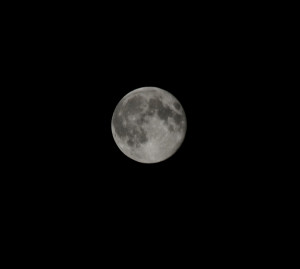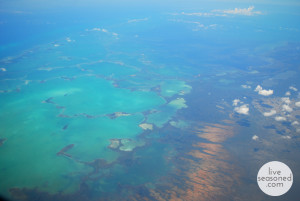
Like the Cure Salée, the festival held in the High Atlas town of Imilchil is all about livestock and finding a partner. The most famous example of 600-plus moussems, the event is a homecoming celebration for herders who have spent the summer taking advantage of grazing grounds. The cattle fair adds to the chaos created by souqs (markets) and nomadic campgrounds, which look as striking as the surrounding mountains.
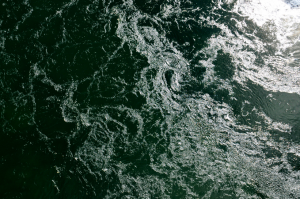
Situated near Africa’s southernmost tip, Hermanus has a front-row view of the Cape Whale Route. During migrating season, people flock to the clifftops to glimpse the endangered southern right whale. Given that it overlooks Walker Bay, into which 70 whales have squeezed, the town once took its blubber-related fortune for granted. In an attempt to formalise the clifftop viewing, it started its festival and introduced the Whale Crier. The world’s only such crier, his blasts on the kelp horn are coded to direct eager cetacean-spotters.
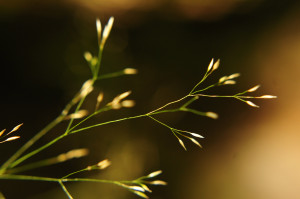
World Environmental Health Day addresses environmental health inequalities. While environmental health may be concerned primarily with the impacts of environmental stressors on health, these in turn are heavily influenced by and frequently reflect economic and social factors.
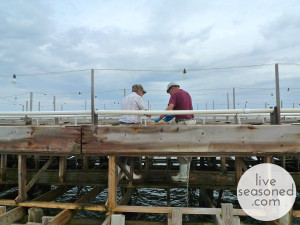
The Galway Oyster Festival is dedicated to Ostrea edulis, the European flat oyster. The local molluscs are left to grow for three years in the clean waters of Brandon Bay and Clarenbridge, blooming into a juicy delicacy. Tens of thousands of the slippery critters are consumed on the Guinness Oyster Trail, on which 30 pubs give out free trays of the seafood with pints of the dark stuff.
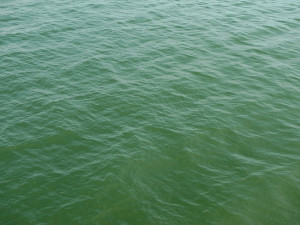
World Rivers Day is a global celebration of the world’s waterways. WRD highlights the importance and value of rivers and strives to encourage increased stewardship of the world’s rivers. Go out there and adopt a river



